6 Best Fixed Income Investments in 2025
By Wilbert S
January 5, 2025 • Fact checked by Dumb Little Man
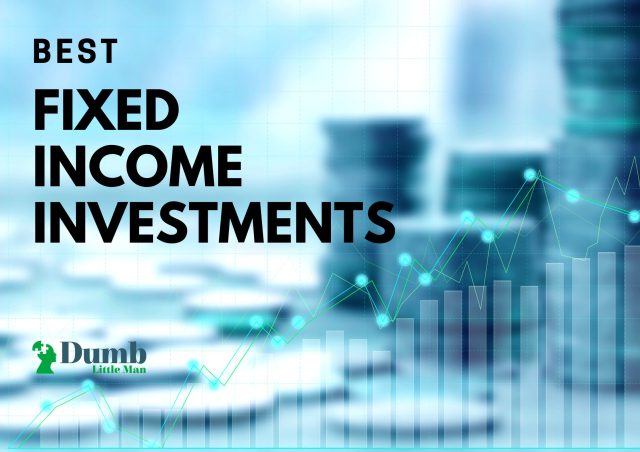
The #1 Forex Trading Course is Asia Forex Mentor
There are so many ways to invest your money and make some good returns. From investing in stocks, currencies, and real estate, there always seems to be so many options. But one area that has become very popular among retail investors is fixed-income investments.
For so many years, fixed income securities were seen as an option only for big institutions and high net worth individuals. But things are now changing. Even the average investor can buy and benefit from corporate bonds and other investment-grade bonds.
So, if you are thinking of trying your hand in the fixed income market, this guide will be perfect for you. We will give you details about what these assets are about, how they work, how to buy them, and the kind of benefits they offer to the average investor.
Best Fixed Income Investment: What is Fixed Income Investment

A fixed-income investment is a type of debt security designed to help public and private institutions raise money from the general public. Let’s say for example a local government wants to raise money for a new power plant. That government can issue government bonds that investors will buy. By so doing, the investors will offer the funding needed for the project and in return, they will earn some interest over a period of time.
Now, fixed-income investors can buy both government bonds and corporate bonds depending on their risk appetite. But either way, a bond has three main components. The first one is called the principal. This is basically the amount of money fixed income investors lend or give to the bond issuer. The principal value does not change and is fully refundable once the bond expires.
Speaking of expiration, each bond will have an expiration date. This is the period of time within which the bond is active. It could be a year, 2 years, 5 years, or so on. The time frame will often be indicated before the bond is issued. The third and final component is the coupon. This is basically the interest rate that the principal earns from the bond. The coupons are predetermined before the bond is issued.
They are also typically fixed amounts of money payable during fixed dates within the duration of the bond. This is the main reason why a bond is referred to as a fixed-income security. Coupons will be paid several times within the bond expiration period. As soon as the bond expires, the principal amount is returned to the investor. So in essence, you get to make some fixed returns on your initial principal amount.
6 Best Fixed Income Investments
There is a huge variety of fixed-income investing opportunities that you can explore. From money market funds, treasury bonds, high yield bonds, and others, the options are quite frankly endless.
But before you decide to invest, please note that the bond market has risks. You will need a diversified portfolio in different money market accounts to ensure your fixed-income portfolio is protected. Nonetheless, here are some of the more common types of fixed-income investments.
#1. Online Savings Account
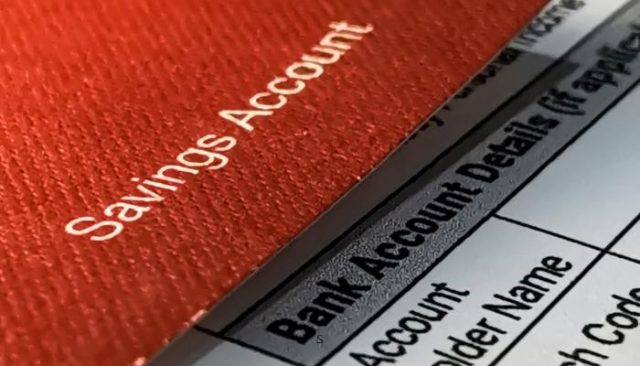
The internet has made it easier for banking services to be offered online. As a result, we have seen a surge in online banks with a remarkable market value. But just like traditional banks, online banks need liquidity.
Since it’s harder to achieve this online, they will offer better interest payments for their savings accounts compared to government bonds and treasury yields. However, investing involves risk and it can be hard to find online savings accounts that give you a decent yield on your individual bonds. But this is still an option worth exploring.
#2. Certificates of Deposit
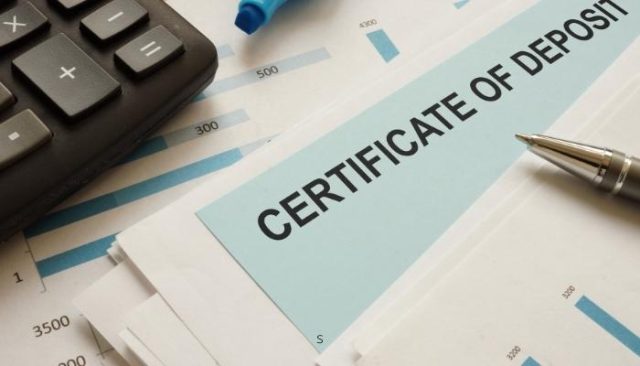
This option works more or less the same way as the online savings account. The only difference is that you can actually lock in your interest rate. So, your fixed-income portfolio will be protected against the volatility of interest rates in the market.
While this may limit your earnings if interest rates rise, you are still protected against any possible downside risk. This concept of fixed interest rates is very common in other forms of fixed-income assets. A bond fund, a bond ETF, and others for example may offer a fixed rate.
#3. Defined-Maturity Bond ETFs

A defined maturity bond ETF is a form of fixed income investing that simply pools together a huge variety of bonds under single management. Think of it as a normal ETF only that, instead of having stocks as the underlying asset, you will have fixed income portfolios.
However, these bonds have a fixed maturity date for all underlying bonds. So, in essence, if the ETF decides to be a 2-year bond ETF, all bonds held under that fund will mature after two years. The value of the ETF will therefore be determined by the underlying 2-year bond prices. Exchange-traded fund bonds can include a huge variety of debt securities. From high yield corporate bonds and emerging market debt to anything else.
Bond investors will basically buy into the ETF and in return, they will get bond yields paid as profit. Please also note that like mutual funds, ETFs in bonds are actively managed either by a financial institution or an investment firm. The managers will typically assess credit risk, pay dividends, and ensure the investment objectives of the bond are achieved.
#4. Corporate Bonds
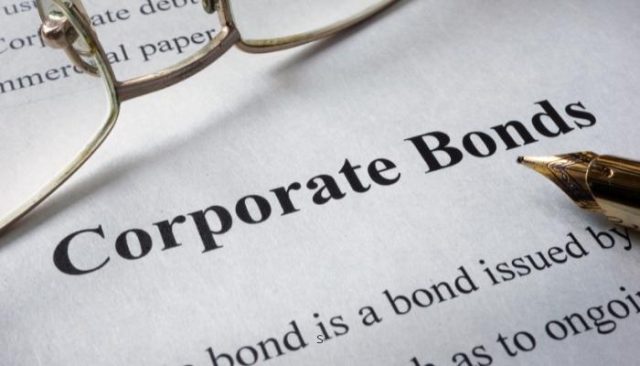
To understand how corporate bonds work, it’s important to know first how corporations raise money. The first option is through selling shares in the stock market. Investors interested will own a small part of that business through stocks and in return, the company will get the money it needs. Corporations can also raise money through debt. However, instead of going to the bank and getting a loan, they can simply raise this cash from the general public.
To this effect, corporations will offer a corporate bond at a fixed or evolving interest rate. These can be short-term bonds or long-term. So, as an interested investor, you can buy this bond and in return, you will essentially lend money to these companies. The money will then be used to generate income and after that, you will receive scheduled interest payments or coupons during the duration of the bond. This money will be deposited into your taxable accounts.
Once the bond matures, the initial principal amount you gave the corporation will be returned to you. With the rising rate environment, bond values in the corporate sector can be very high. With the right investment strategy, these asset-backed securities will easily give you higher yields and a steady stream of income.
#5. Municipal Bonds
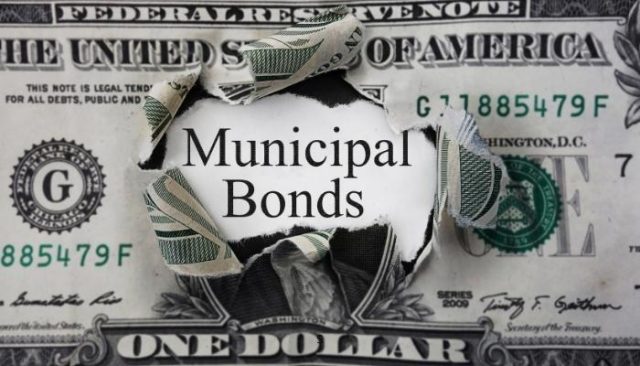
Municipal bonds work in the same way as investment-grade corporate bonds. But the biggest difference is that these bonds are actually issued by local governments. You see, just like corporations, governments also need money to fund new projects. The taxes they collect may not be enough to do this.
As a result, governments can issue a bond to help raise the funding needed. For an investor, you will get a coupon as scheduled by the bond terms and once the duration of the bond is complete, your principal will be returned. Government bonds don’t typically produce higher yields. But unlike junk bonds which are filled with risk, government and municipal bonds are very safe. They can allow you to preserve capital easily unless, of course, inflation rises.
There are many brokerage services and financial technology providers too that can allow you to access these municipal bonds from anywhere you are. While it is highly unlikely you will lose money with municipal bonds, losses have happened before when governments run out of money. Besides, bonds are not inflation-protected securities. They can lose value if the currency they are dominated in is exposed to inflationary headwinds.
#6. High-Yield Bond ETFs
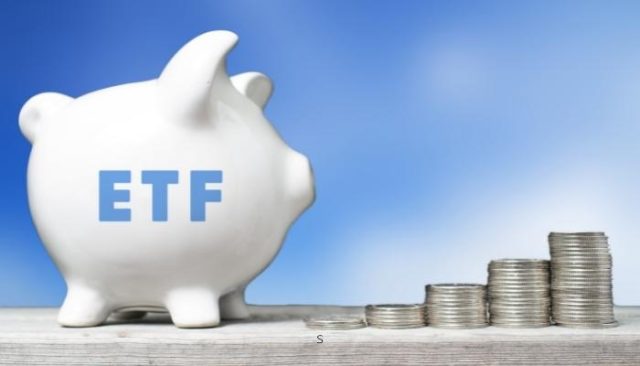
High yield bond ETFs are high-risk debt ETFs designed to offer the best possible return. But unlike defined maturity bonds that have a predetermined expiration date, these ones have bonds with a bigger variety of maturity.
So, for a bond to have a higher yield, it must charge high interest. As such, high-risk debt will be dominated in these funds. They will also have active management as a normal ETF and will typically attract investors who are looking to provide capital in higher-risk industries.
Featured Investing Broker of 2025
| Broker | Best For | More Details |
|---|---|---|
 | Advanced Non US Traders Read Review | securely through Avatrade website |
 | Intermediate Non-US Traders Read Review | securely through FXCC website |
Overall Broker | securely through Forex.com website | |
 | Professional Forex Traders Read Review | securely through Interactive Brokers website |
| Broker | Best For | More Details |
|---|---|---|
 | Advanced Traders Read Review | securely through Tradestation website |
 | Intuitive Platforms Read Review | securely through Tradier website |
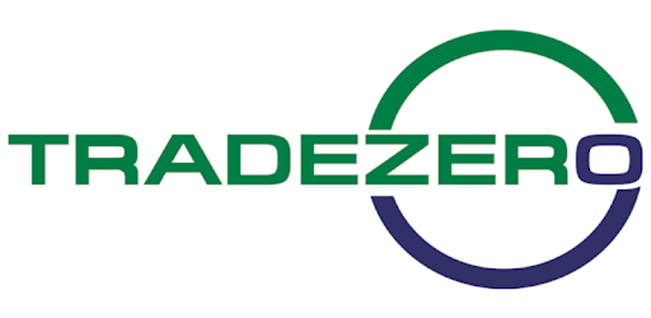 | Powerful Services at a Low Cost | securely through Tradezero website |
 | Professional Forex Traders Read Review | securely through Interactive Brokers website |
Best Forex Training Course

Thousands of people from the United States, the United Kingdom, Hong Kong, India, Indonesia, Japan, Malaysia, Vietnam, and other nations have been trained in Singapore, and other locations across the world have been trained and mentored by The Asia Forex Mentor.
They have the greatest forex trading education in Asia. Their course is designed to allow you to make money while learning. With the assistance of a skilled trader, you will be able to trade forex profitably.
They’ve advised not only individual students but also corporations and financial institutions on foreign exchange, including the DBP, the Philippines’ second-largest state-owned bank with assets of more than $13 billion.
The course is reasonably priced, and it is backed by a money-back guarantee. You can begin the course by registering for a free trial. You can decide whether or not to continue with the course after the free trial period.
| RECOMMENDED TRADING COURSE | REVIEW | VISIT |
|---|---|---|
 | #1 Forex, Crypto and Stocks trading course. Ranked most comprehensive by Investopedia and Best by Benzinga. Free to Try! |  |
Conclusion: Best Fixed Income Investments
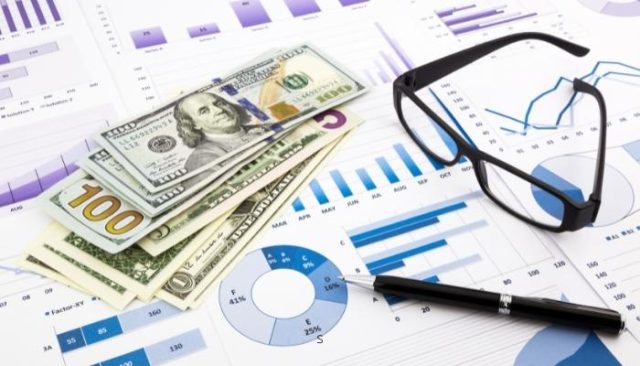
Many preferred stocks in the market are often seen as safe based on past performance. But bonds offer a much safer investment especially bond funds with a low-interest rate risk. Nonetheless, it can be a bit confusing having to decide which bonds to include as part of your income investment strategy. Well, it depends on what your investment goals are.
If you are looking for a steady stream of income with as little risk as possible, then you would be better off going for treasury bonds or municipal bonds. They will not pay you a huge yield but in most cases, they are typically safer. However, there are bond investors who want high returns. This means that you may have to buy riskier bonds issued by corporations and other entities.
It’s often very hard to manage this type of risk on your own unless you are a professional. So, if you are going to buy risky bonds, at least do it as part of an actively managed ETF or fund. That way, you will have a more diversified portfolio of loans so even if one was to default, you will still be hedged on the other.
Best Fixed Income Investments FAQs
Which fixed-income fund is best?
There are many funds out there each with its own pros and cons. But as a rule, it is often better to focus more on your investment goals. That way, it will actually be easier to pick a bond fund that meets your expectations.
What is the safest investment with the highest return?
It depends on how you define “high return”. For example, there are many investors who would consider a 5% return year over year good enough. Others may want something as high as say 25%. Just know this. The higher the return on a bond, the higher the risk. Balancing this out is therefore very important.
Is fixed income a good investment right now?
Well, not really to be honest. Red hot inflation around the world makes the risk associated with bonds a bit higher. But on the other hand, the US Fed and other central banks around the world are raising benchmark interest rates. This could be good for bond returns but the risk of high inflation is still there.
Wilbert S
Wilbert is an avid researcher and is deeply passionate about finance and health. When he's not working, he writes research and review articles by doing a thorough analysis on the products based on personal experience, user reviews and feedbacks from forums, quora, reddit, trustpilot amongst others.


